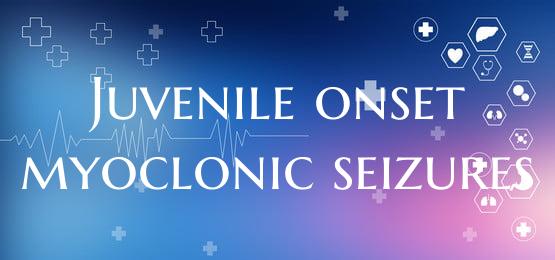
Juvenile onset myoclonic seizures
Juvenile onset myoclonic seizures, also known as juvenile myoclonic epilepsy, is a common and often misunderstood form of epilepsy that typically begins in adolescence. These seizures are characterized by sudden, brief muscle jerks or twitches that can affect various parts of the body, such as the arms, legs, and shoulders.
Symptoms of juvenile onset myoclonic seizures often manifest shortly after awakening, making them known as "morning seizures." These seizures can be triggered by factors like stress, lack of sleep, or alcohol consumption, making lifestyle management an important aspect of treatment.
Diagnosis of juvenile myoclonic epilepsy involves a thorough medical history, physical examination, and neurological tests, including an electroencephalogram (EEG) to monitor brain activity during a seizure. Treatment typically involves antiepileptic medications to help control and manage seizures.
Living with juvenile onset myoclonic seizures requires a combination of medical treatment, lifestyle adjustments, and emotional support. It's crucial for individuals with this condition to work closely with healthcare providers to develop a personalized seizure management plan.
Education and awareness are key in helping individuals with juvenile myoclonic epilepsy lead fulfilling lives. By understanding the nature of the condition, recognizing triggers, and adhering to prescribed treatment regimens, those affected can better navigate the challenges posed by juvenile onset myoclonic seizures.